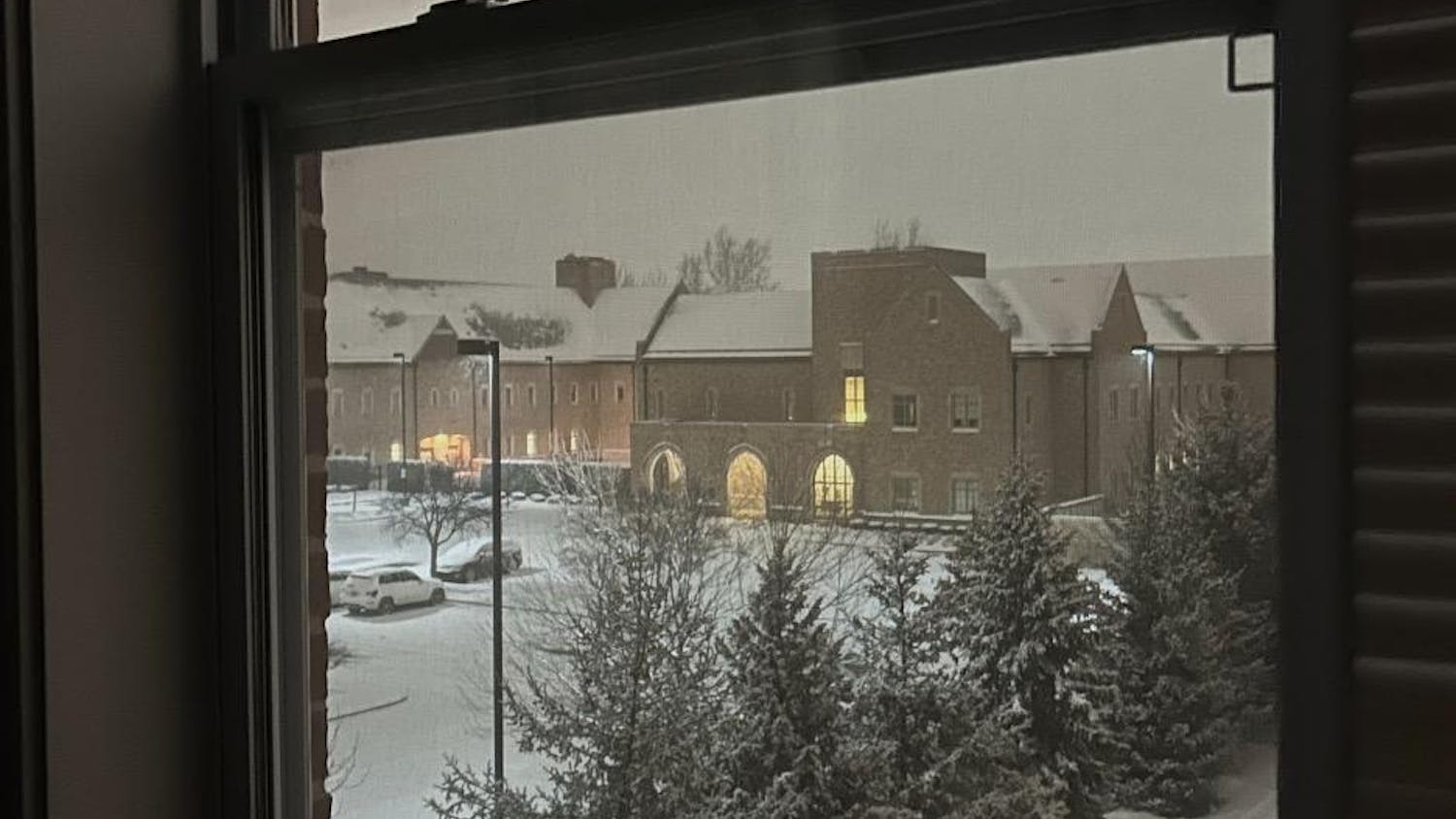Dear Comrade,
A good friend, in encouraging me to take good care of my health, once told me, “there’s no revolution without you.”
He meant that all our aspirations come to nought if we are not there to actualize them. This analysis can be extended to the state of our planet today. The locus of our fight(s) will have to shift if we have nowhere to plant our feet. There are sectional causes and there are all encompassing ones.
We have all witnessed the unfortunate but recurring events in California where even the affluent have not been spared. That’s the big lesson in the battle for the health of the planet: wealth can insulate from the effects of our war against the environment, but only to a point. To imagine ‘Planet B’ is just irresponsible. We all have a role to play in ensuring this one remains liveable if we side with the optimists that in this age of the anthropocene, our agency can at least help us mitigate the present and latent effects of the climate crisis.
What is our role in this crisis? That appears to always be the question this column always poses. Let’s start from what “the state” could do.
After the effortless ban on personal electric vehicles (PEVs) on campus last semester, I have no doubts whatsoever about the despotic power of the Notre Dame state. Right from his inauguration speech, our new University president, his brilliance only matched by his ambition, has already scored a lot of victories. He can keep this streak going by decreeing that starting Fall, all students take a course on the current state of our environment and our planet — as a graduation requirement akin to the college and University requirements.
This would only take an Executive Order (EO) since the personnel already exist on the faculty side. This EO is an absolute necessity in a world where some leaders proudly deny the existence of an existential crisis. It is also within the mandate of a university — the site of knowledge production and dissemination.
Additionally, many graduates of this school eventually go on to dedicate their lives in one way or another to the further destruction of this planet. Such a course would help inspire some sleepless nights. This columnist is amenable to reciting Laudato si all semester if that’s what it will take for this EO to materialize. This compulsory ecological crisis course should be an easy win.
The harder task will be taking on the student body to change our culture of consumerism. It is difficult primarily because of the general skepticism many of us have come to develop towards state power though recently certain sections of this country have developed an enlarged appetite for strong men. But since we didn’t put up anything of a fight against the PEV edict, I am optimistic in the power of the ND state to easily prevail here.
Readers may scorn at this seemingly disingenuous interest in a strong incursion of our state in our lives. Whenever I think about these questions of what can easily amount to state terror, I’m always reminded of an episode in a previous institution I attended. A small but loud section of the student body whom we disparaged advocated that the state encode into law “meatless mondays.” We ate meat everyday (Readers from Africa would understand why this was surprising).
The argument of this camp was simple — daily beef consumption motivates more production and contributes significantly to global carbon emissions and we wouldn’t die from this act of solidarity with mother nature.
Most of us had not educated ourselves well enough about the extent of the climate crisis. The only thing we were certain of was that our school’s carbon footprint was inconsequential and so our collective sacrifice, however admirable, wouldn’t amount to much. There were some merits to these arguments.
Compared to Notre Dame, our carbon footprint was a drop in St. Joseph Lake. So we thought these “extremists” were just blowing things out of proportion and trying to stay relevant as many young people were in the habit of. A lot of global south countries advance similar arguments today vis-a-vis their industrially advanced counterparts. “Our small actions are inconsequential when weighed against countries like the US and China,” the argument goes.
But we were wrong, in addition to being ignorant — a sorry combination. We’ve said before in this column that “the people” shouldn’t be romanticized. They can be thoroughly misled to their own detriment. The state should not always be distrusted, especially in existential matters of this sort.
Our beloved university is located in North America — the home and global exemplar of consumerism. Its students, the majority of whom are domestic, are not spared by its sway. Even those who join the ship from outside this country are often readily assimilated into this culture, one may argue, worse than their homebred counterparts. There’s something that earning a few greenbacks that Notre Dame’s current minimum wage does to one. Even things that you could once live comfortably without become “essentials” — there’s a brand by that name.
Consumerism, like individualism in this country, is the stuff of legend. Both inevitable results of capitalism on steroids. We would, for example, prefer to all own our own cars than invest in efficient public transport systems. I’m sure comrades who have visited Europe will attest to the superiority of their model. In London, walking to and fro SOAS University of London (about an hour) was a welcome convenience. For me and the tube, it was love at first sight. I wonder how many comrades ever entertain the idea of agitating for a more efficient public transport system as opposed to how to get the next car — necessary as it is.
Do we really need all this stuff?
I know a comrade who moved into a room with a 45 inch TV, and because it didn’t fit with the aesthetic of the room, purchased a bigger one — almost double the size. I was shocked, to say the least. This is the age where we choose aesthetics over functionality.
Does everyone really need to go to Walmart or Target at the start of their time here to purchase all the things their forebears had? We are all entitled to the “good” things in life. But it appears this ecological crisis we’ve plunged ourselves into will really discipline our tastes. Do we all really need to purchase our own cloth hangers, carpets, futons, previously scooters, bicycles, utensils, TVs?
Do we have a choice in answering this question, considering the present balance sheet?
Olemo Gordon Brian is a senior at Notre Dame studying political economy. He is deeply interested in Africa's development and the emancipation of man. You can contact Olemo at bolemo@nd.edu.










